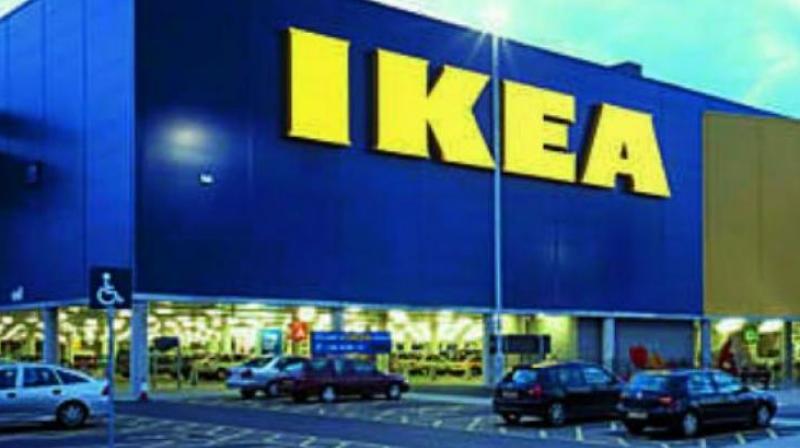Ikea to rent and recycle furniture worldwide

Stockholm: Ikea will start renting and recycling furniture worldwide as part of an eco-friendly drive to address concerns its affordable, flat-pack business model leads to over consumption and waste.
Sceptics see the Swedish giant's initiative as a mere marketing ploy, while supporters see a genuine seachange. Either way, Ikea says it plans to become a circular business by 2030.
It has already begun repairing and re-packaging products in every store that have been damaged in transit, as well as allowing customers to return products—including furniture —for resale or donation to charities.
Ingka Group, which operates 367 Ikea stores worldwide, earlier this year launched a pilot leasing furniture in four countries, a project it now plans to expand to all of its 30 markets.
But renting a kitchen? The idea is not that absurd, said Cecilia Cassinger, a Professor of Strategic Communication at Swed-en's Lund University.
"Ikea's products can be used and reused over a long period of time, thus reducing waste," she said.
But Ikea's 2030 goal could be difficult to attain, given its current carbon footprint. "The main challenges in making a shift to a circular economy are related to sustainable logistics (transport, storage, product assembly), services (repair, maintenance), and waste management," Cassinger said.
The company aims to cut its overall climate impact by 70 per cent on average per product by 2030.
"The biggest opportunity for reducing the Ikea greenhouse gas footprint comes in raw materials and the life of products in the homes of Ikea customers," the company said in a 2018 sustainability report.
According to another report issued earlier this year, Ikea's raw materials represented more than a third of its greenhouse gas emissions, at 36.4 per cent.
Transporting goods and customers' transportation to stores—which are usually located outside city centres—accounted for 19.4 per cent of emissions.
Environmentalists, such as Greenpeace Nordic, say Ikea's new initiatives are a good first step but say the company still has a long way to go.
"Ikea has the potential to become a fully circular business... But there are still major loopholes in terms of their ecological footprint that the new model does not provide a solution for." For example, its production units are located far from its main markets, requiring long journeys that pollute the environment.
Most Ikea products manufactured by its subsidiary Ikea Industry are made in Poland, Russia, Slovakia and Sweden, but its biggest sales markets are Germany (15 per cent), the US (14 per cent) and France (8 per cent).

